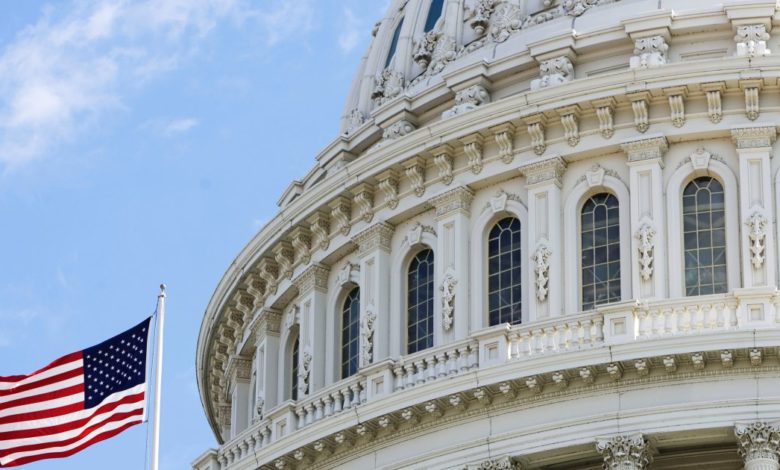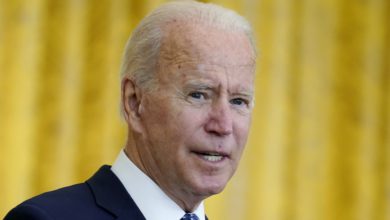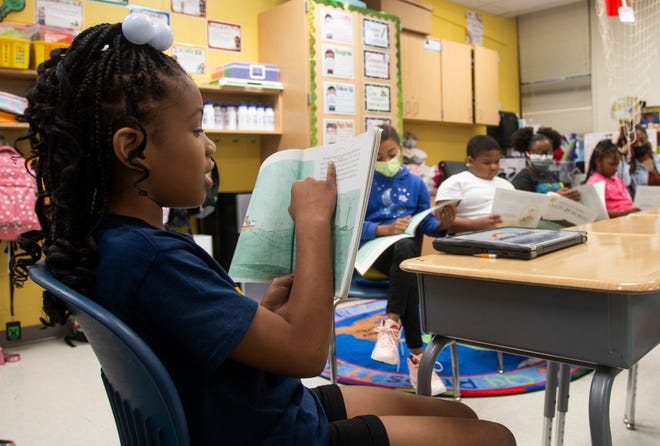
As some Americans begin receiving up to $600 in stimulus checks, the possibility of more direct payments is in limbo in the Senate Wednesday.
After the House on Monday night approved a standalone measure to increase direct payments from up to $600 per individual to $2,000, it then went to the Senate. Senate Majority Leader Mitch McConnell blocked efforts Tuesday for a fast-tracked vote on the measure. In response, Senator Bernie Sanders blocked a planned vote to override President Donald Trump’s veto of a national defense bill until there is a vote on the direct payments.
Later in the day, McConnell suggested tying together votes on two bills later in the week; one on the House-passed bill to increase larger direct payments and one on a measure that would allow the $2,000 payments only if a commission to study election fraud is established and parts of Section 230 are repealed.
In signing the $900 billion COVID relief package along with the larger government funding bill on Sunday night, President Trump said he wanted larger direct payments, as well as an investigation into unfounded claims of election fraud. Earlier this month he vetoed the national defense bill because it did not make changes to Section 230, which provides protections for internet platforms and technology companies.
On Tuesday morning, McConnell had said the Senate would start the process to address those priorities from the president.
Many Democrats oppose connecting the issues together, and would likely vote against the broader measure, according to the Washington Post.
Speaker of the House Nancy Pelosi held her weekly press conference Wednesday morning, and called on McConnell to allow a vote on the increased payments. When asked if she would take up the measure again next week after new members of Congress are sworn in, she repeated her hope for getting it done this year.
“Let’s be hopeful it happens this week. The sooner it happens the sooner they go out," Pelosi said, referring to the $2,000 stimulus checks.
The Senate is scheduled to be back in session Wednesday afternoon. It’s unclear whether there will be any movement or discussion about the larger direct payments or any plans for a vote at this time.
If the larger direct payment amount is approved, the Treasury Department would send Americans the difference.








